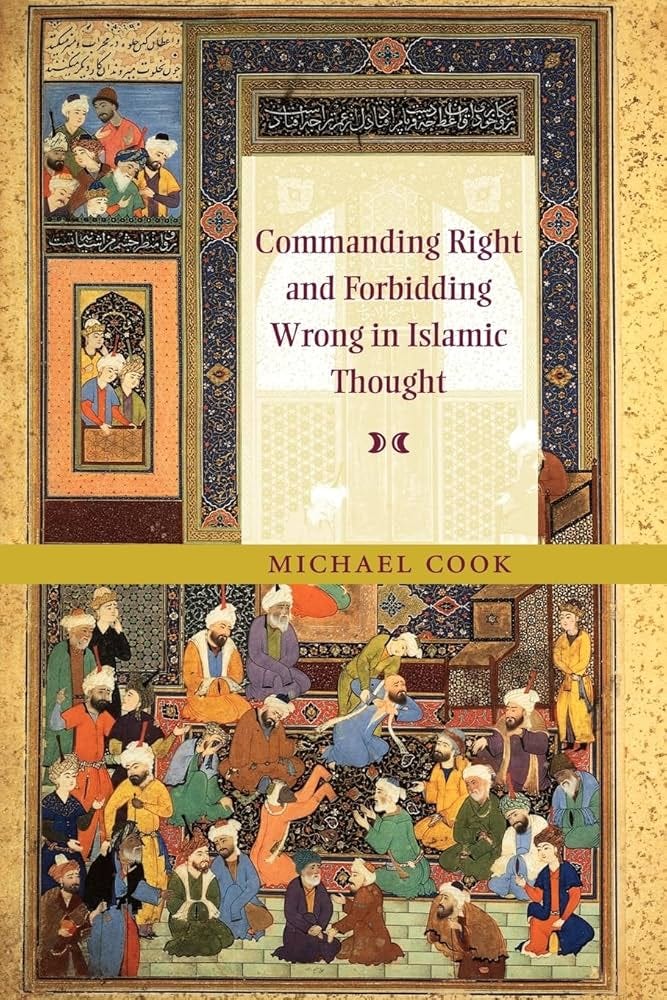Piety and Modernity: Navigating Islamic Traditions in 21st Century Britain
Zara, a 25-year-old finance student in London, is struggling with dating apps. As a third-generation British Pakistani Muslim, she seeks a husband who is religious (prays five times a day, abstains from pork and alcohol), but also likes Beyonce. After returning from work, she wants to watch Brooklyn 99. This is proving difficult. Father Rashid denies many such men exist. Zara has already done a few video calls (with her mother as chaperone), but found the men a bit too conservative.
Yesterday they had another argument, over whether she can attend Taylor Swift’s Eras tour. Price isn’t the problem - they’re currently on a luxury holiday. Father Rashid is concerned about music, drugs and alcohol. Brother Abdullah kindly offered to act as chaperone. Still no. “Shouldn’t we reinterpret the Quran with a modern context?”, asked Abdullah. Rashid was aghast,
“What? Let the jahil [stupid people] interpret? Not the best people?”
This conversation cuts to the very heart of contemporary Islam. Scripture and jurisprudence are best understood by established scholars, trained at respected universities, like Egypt’s Al Azhar. Lay people (like Zara) lack the requisite authority for independent interpretation.
Right across the Muslim world, from Paris to Kuala Lumpur, there is strong Arab prestige bias. The Prophet and his generation are revered as ‘pious ancestors’, all schools of Islamic jurisprudence was developed in the Arabian heartland, everyone prays in the direction of Mecca, and Saudi Arabia announces the day of Eid. Islamic revivalism thus entailed Arabisation.
Why is this?
To understand contemporary Islam, we need to study its intellectual and social history. Here, I strongly recommend Michael Cook’s book “Commanding Right and Forbidding Wrong in Islamic Thought”. Challenging common assumptions in Political Science and the Humanities, it absolutely rocked my priors. Cook reveals that culture was far from static; instead, rival factions contested the appropriate degree of sexual puritanism.




